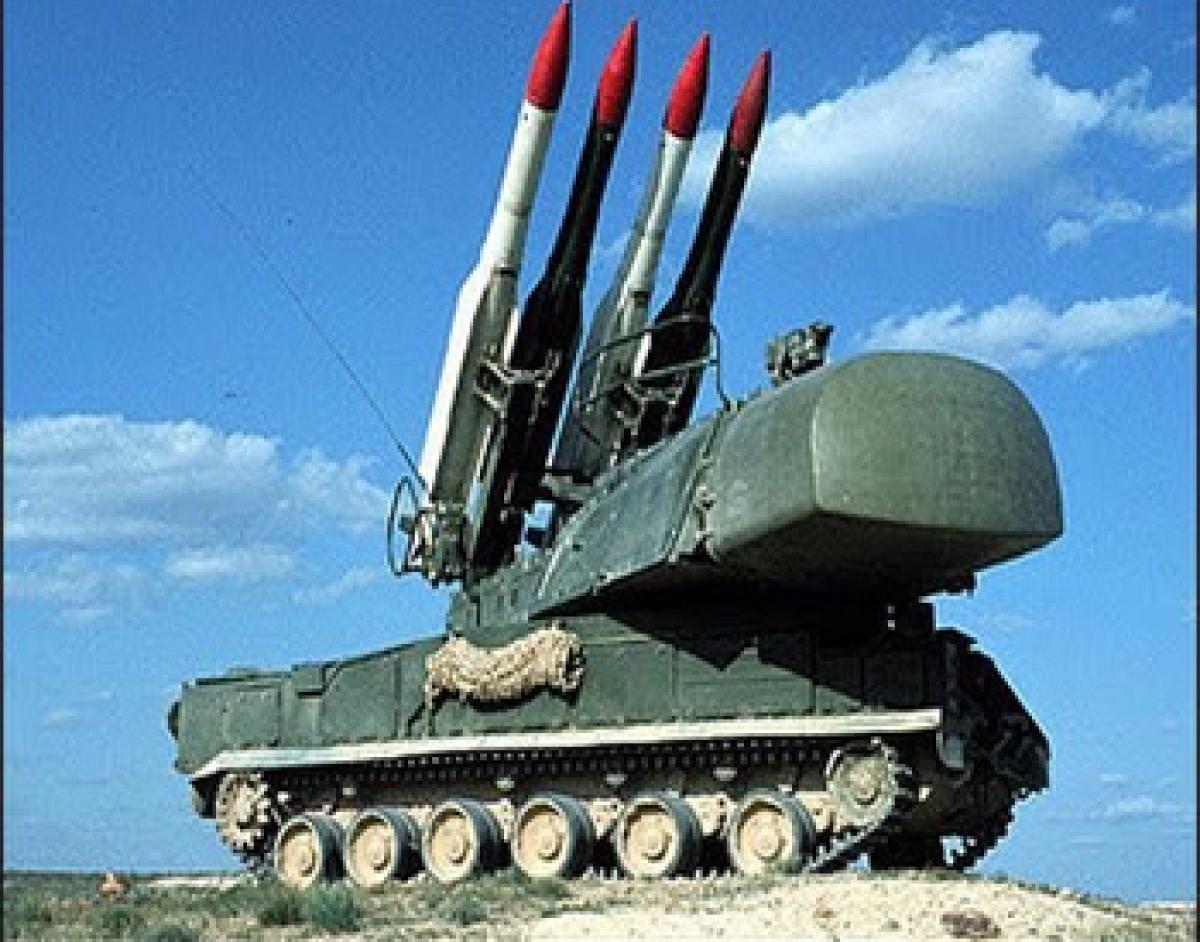What is MTCR?

What is MTCR. In 1992, Unmanned Aerial Vehicles (UAVs) that can deliver Weapons of Mass Destruction (WMDs) were included, and later, even software for such delivery systems was covered.
 The Missile Technology Control Regime (MTCR) is an informal and voluntary partnership between 34 countries to prevent the proliferation of missile and unmanned aerial vehicle technology was set up in April 1987 by seven countries - Britain Canada, France, Germany, Italy, Japan and the United States - to check proliferation of ballistic missiles with over 300 km range and 500kg of bomb payload.
The Missile Technology Control Regime (MTCR) is an informal and voluntary partnership between 34 countries to prevent the proliferation of missile and unmanned aerial vehicle technology was set up in April 1987 by seven countries - Britain Canada, France, Germany, Italy, Japan and the United States - to check proliferation of ballistic missiles with over 300 km range and 500kg of bomb payload.
In 1992, Unmanned Aerial Vehicles (UAVs) that can deliver Weapons of Mass Destruction (WMDs) were included, and later, even software for such delivery systems was covered. Since its establishment, the MTCR has been successful in helping to slow or stop several ballistic missile programs, according to the Arms Control Association: “Argentina, Egypt, and Iraq abandoned their joint Condor II ballistic missile program.
Brazil, South Africa, and Taiwan also shelved or eliminated missile or space launch vehicle programs. Some Eastern European countries, such as Poland and the Czech Republic, destroyed their ballistic missiles, in part, to better their chances of joining MTCR.” In October 1994, in order to make the enforcement of MTCR guidelines more uniform, the member states established a “no undercut” policy, meaning if one member denies the sale of some technology to another country, then all members must adhere to it.
The People's Republic of China is not a member of the MTCR but has agreed to abide by the original 1987 Guidelines and Annex, but not the subsequent revisions. Israel, Romania, and the Slovak Republic have also agreed to voluntarily follow MTCR export rules even though not yet members. The regime has its limitations; India, Iran, Israel, North Korea, and Pakistan continue to advance their missile programme. Israel and India in particular have already deployed strategic nuclear SLCMs and ICBMs and satellite launch systems.
Some of these countries, which are not MTCR members, are also becoming sellers rather than simply buyers on the global arms market. North Korea, for example, is viewed as the primary source of ballistic missile proliferation in the world today. Iran has supplied missile technology to Syria. India has a self-imposed no-export policy on all nuclear weapon technology. India formally applied for the membership of MTCR in June 2015 with active support from the US and France.














